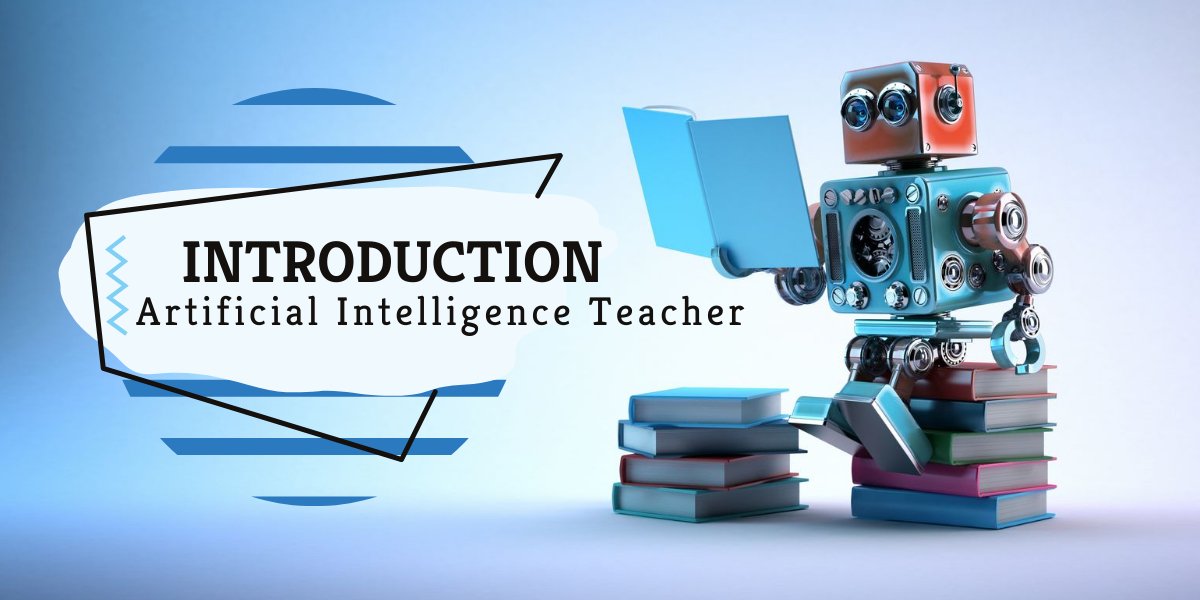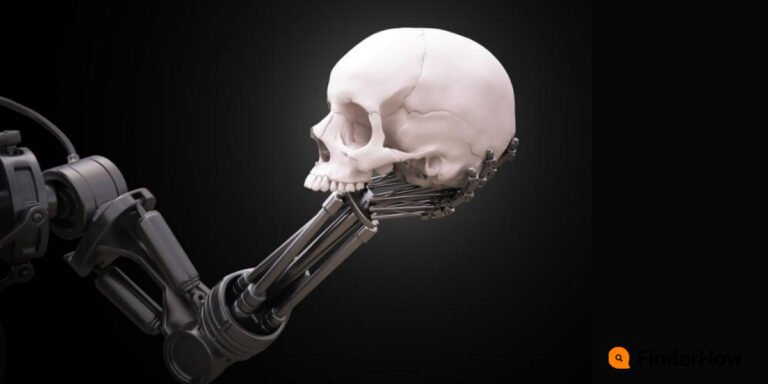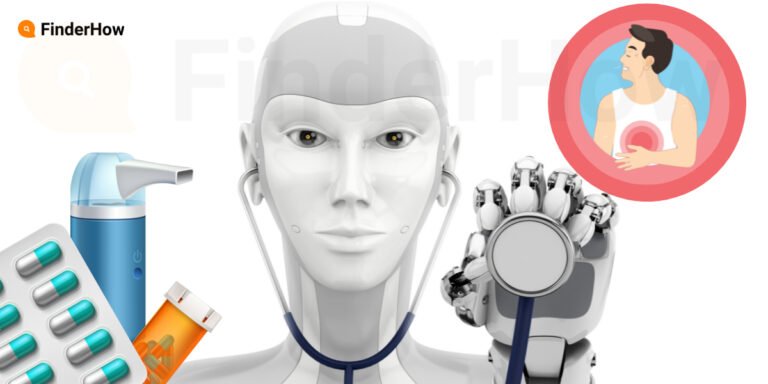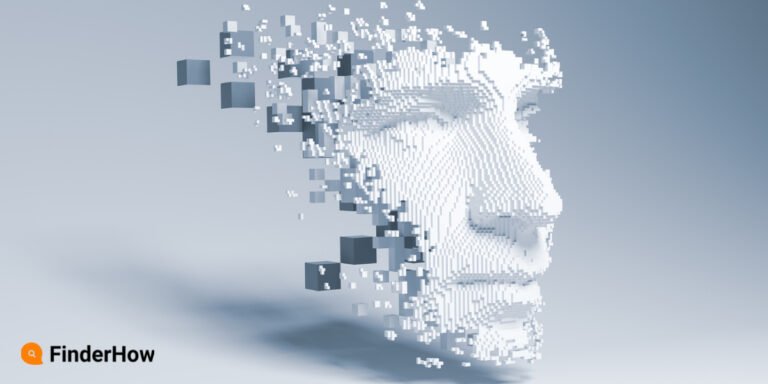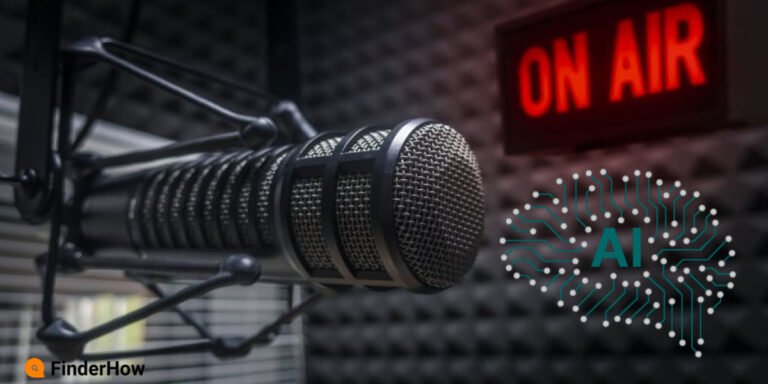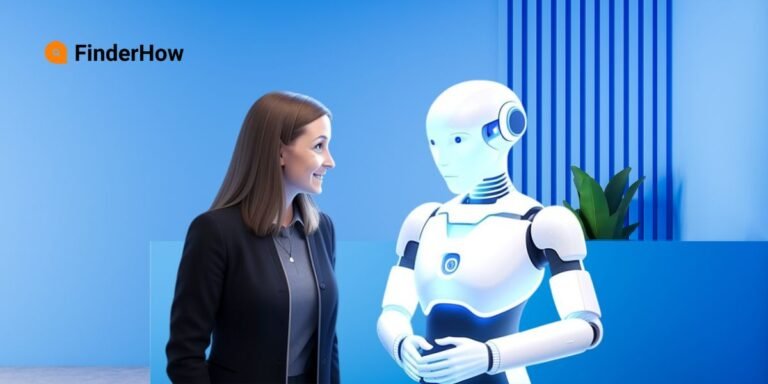Will Artificial Intelligence (AI) Replace Teachers In The Future?
Before discussing whether Artificial Intelligence (AI) will replace teachers in the future, let us first understand what an Artificial Intelligence (AI) teacher is and if they truly exist.
What is an Artificial Intelligence (AI) Teacher
An AI teacher is an artificial intelligence system designed to provide educational instruction and support to students. These systems utilize machine learning algorithms and natural language processing to interact with students, assess their knowledge and skills, and offer personalized feedback and guidance.
AI teachers can be employed in various educational settings, from K-12 schools to higher education institutions. They can be integrated into online learning platforms, virtual classrooms, or even physical classrooms to supplement traditional teaching methods. One key benefit of AI teachers is their ability to provide personalized instruction for each student. By analyzing data on individual performance and learning styles, these systems can adapt teaching methods to meet each learner’s unique needs. This helps students learn more effectively and efficiently while reducing the workload for human teachers.
However, there are potential drawbacks to using AI teachers. Critics argue that these systems may not provide the same level of emotional support and mentorship as human teachers. Moreover, concerns exist regarding potential bias in AI algorithms, potentially leading to unequal educational outcomes for diverse student groups.
Overall, AI teachers hold the potential to transform education through personalized instruction and support. However, it is crucial to thoroughly evaluate their limitations and potential risks before incorporating them into educational environments.
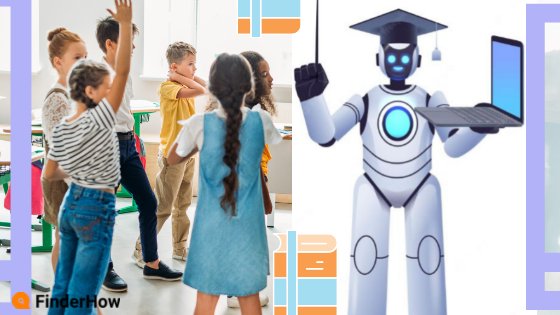
Let’s examine more closely: Will Artificial Intelligence (AI) replace teachers in the future?
Artificial Intelligence (AI) teachers have been developed to assist human educators in the classroom. They are designed to offer personalized learning experiences for students, monitor their progress, and give feedback to both students and teachers. Additionally, AI teachers can help with administrative tasks such as grading and lesson planning, allowing teachers to focus on other aspects of education.
Nevertheless, it is crucial to acknowledge that AI teachers cannot entirely replace human instructors. Although they provide valuable support, they lack the emotional intelligence and interpersonal skills essential for effective teaching. Human teachers can connect with students on a personal level, understanding their individual needs and learning styles while providing guidance and support beyond the capabilities of AI teachers.
Moreover, certain aspects of teaching necessitate human interaction and cannot be replicated by AI. For instance, instilling values such as empathy, compassion, and respect for others requires human role models who demonstrate these qualities through interactions with students.
In Conclusion
AI teachers hold the potential to significantly augment the teaching profession by offering valuable assistance to human educators. Nonetheless, the distinct skills and qualities human teachers contribute to the classroom cannot be replaced.

